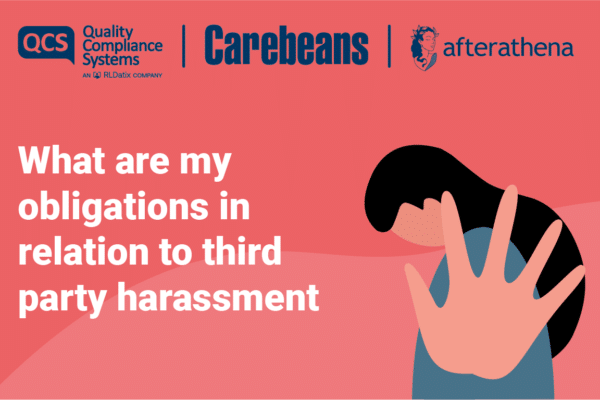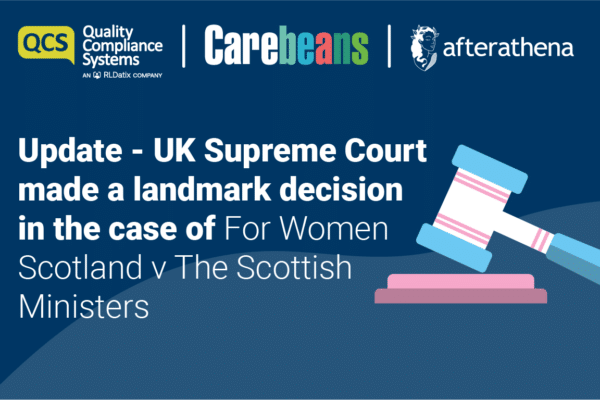Social media use has been on a rapid incline in recent years. In March 2017 there were over 1.94 billion active users on Facebook, and that is only one form of social media available. Further, the Office for National Statistics reported that that internet was used daily or almost daily by 82% of adults in Great Britain, amounting to 41.8 million people and 70% of adults accessed the internet on the go using a mobile phone or smartphone, compared with 36% in 2011.
These statistics serve as a reminder to ensure that as an employer, whose staff are likely to fall within the above statistics, it is important to ensure you have a comprehensive social media policy in place.
Social media can be a useful tool for many organisations including marketing and advertising but also to allow colleagues to communicate efficiently within their teams. However, given that a post on social media can now attract huge audiences, individuals must be careful about what they post.
What are the most common problems you might face as an employer?
- Employees adding employer contacts and service users as “friends”
- Employees sharing confidential information
- Making negative comments on social media about their employer or the industry
- Posting inappropriate content whilst noting on their account the identity of their employer
- Bullying and harassment of colleagues
In 2013, a social worker was dismissed after revealing details of a private court case on her Facebook account including describing the removal of three children from their family and into care as a “career high” and divulging information about the case. In 2016, a care worker was disciplined for adding a service user on Facebook and posting videos and photographs of service users.
In 2016, a care worker was suspended after it was revealed she had been messaging a service user on social media. It was deemed an inappropriate form of communication with a service user, and especially where it was in a form where the employer were unaware and unable to monitor the communication taking place, and the risks associated with the communication not being recorded on a service user’s case file.
What can you do as an employer to avoid these situations?
- Providing training in inductions and ongoing training sessions on social media;
- Ensure you have a comprehensive policy in place which also ties in with policies on discrimination, harassment, bullying and general conduct and employee obligations; and
- Deal with any complaints consistently and fairly.
If you do not have a social media policy in place then you should start thinking about how social media plays a part in your business, and get a policy in place and communicated to staff as soon as possible.






